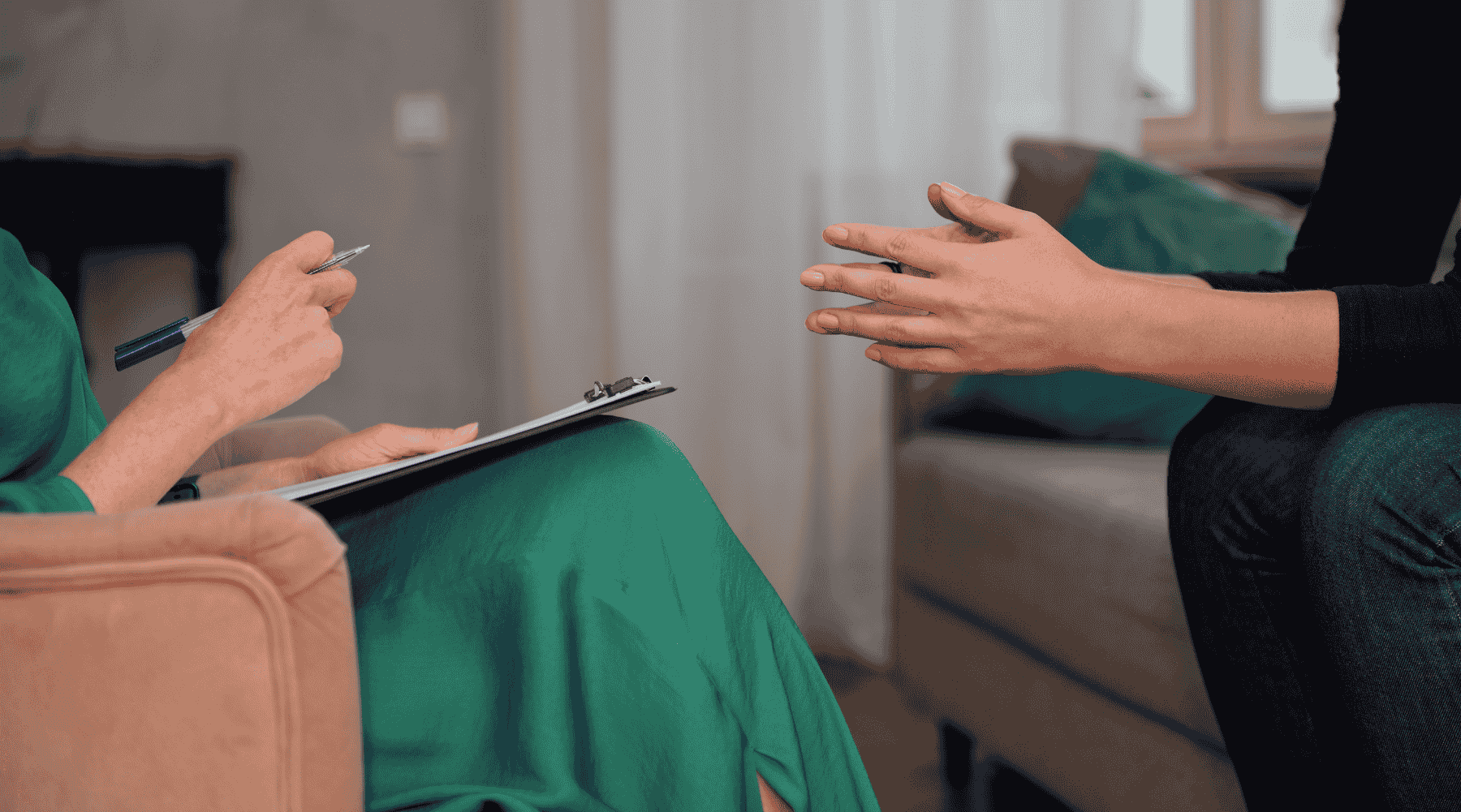By Rick Benson
When does gambling become a problem? Do you need a residential program or is a support group sufficient? How long will it take? Do family and friends need to be involved?
So many questions come to mind when seeking gambling help. The most important thing to keep in mind -- no single treatment approach works for all. Research your options and keep these 5 mistakes to avoid in mind as you take the first steps towards recovery.
#1. Not knowing when to ask for help.
It’s never too “early” or “late” to ask for help with gambling. You don’t need to be at a certain “level.” If you think you or somebody you know has a problem it’s time to talk to somebody.
People without a gambling addiction will stop gambling when they reach their loss threshold. Pathological gamblers, however, can get that “high” feeling even when they lose. Their loss threshold is distorted and they begin to chase losses the same way they would wins.
#2. Not looking for a holistic program.
Gambling’s effects reach far and wide. They impact a gambler’s family, friends, mental and physical health, financial status, employment and more. For a higher likelihood of success, look for a program that includes a holistic approach and focuses on new habit development. Understanding the unique issues surrounding the gambling addiction means addressing underlying mental and physical health issues as well.
Of people struggling with gambling addiction 40% are struggling with anxiety, 50% with a mood disorder, and 60% with a personality disorder. They are also 2.5 times more likely to attempt suicide, according to the U.S. National Library of Medicine. Gambling can also be accompanied by other addictions like alcoholism or drug addiction.
#3. Finding help because family and friends want you to.
While support from family and friends is helpful for those seeking gambling help, participating in a treatment program will truly work only if the decision to attend and find help is that of the person struggling.
You can’t make somebody find help. If they are attending because they are told to, they won’t be open to identifying the triggers that encourage their addiction or developing new habits to replace them. Once they’re ready, do support and encourage them in their efforts.
#4. Expecting immediate recovery.
Addiction recovery isn’t about eliminating the addiction but about developing knowledge, understanding, and coping mechanisms that will allow for a person to make better choices when faced with triggers. Recovery takes time for healing and time for breaking old habits. Because gambling, in most cases, includes underlying factors like mental health issues or financial problems, recovery takes time and multi-faceted approaches.
Don’t expect all gambling-related problems to stop immediately. Similar to drug or alcohol addiction, people can experience withdrawal from gambling. If you are mentally prepared for withdrawal you can succeed during your recovery.
#5. Knowing what to expect from support groups.
Whether it’s inpatient treatment or recurring support group meetings like Gamblers Anonymous, all you need to attend is the desire to seek gambling help and end your gambling problem. The environment should feel safe so you can begin healing. Look for programs that put the individual first and that meet the patient where they are in their recovery journey.
Gambling doesn’t discriminate and affects people from all walks of life. At Algamus we focus only on gambling addiction so we intimately understand the unique experience of our patients financial and legal woes better than other rehab programs focusing on drugs and alcohol.
Searching for comprehensive and compassionate counseling? Algamus, the oldest residential gambling addiction treatment center in the US, is here to help. Click here to get more information today.



